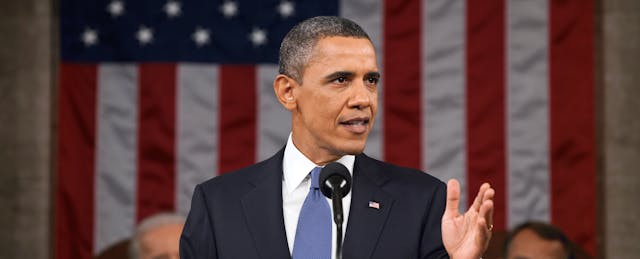On January 12, President Obama introduced several measures to protect the privacy of Americans in a “consumer privacy Bill of Rights,” including legislation designed specifically to protect the privacy of data about children.
“We are the country that invented the Internet, and we are the pioneers of this information age,” said Obama during his speech at the Federal Trade Commission. “But we also pioneered the Bill of Rights, and the sense that each of us as individuals have privacy around us that should not be breached."
In his speech, Obama highlighted the Student Privacy Pledge, calling for all edtech companies to join the 75 who have signed so far. He also pointed to the landmark student data privacy law passed in 2014 in California, which will prohibit companies from selling student data or using it to target advertising.
Obama spoke to the need for a nationwide Student Digital Privacy Act, announcing that he would propose the legislation by the end of February and emphasizing the importance of student data privacy for all Americans. “Liberal, conservative, Democrat, Republican--everyone is online,” he said. “And we all want to make sure that our children are being smart and safe online.”
Some protectors of student data privacy are hesitant about more national legislation, including the Software & Information Industry Association (SIIA), which started the Student Privacy Pledge. “There are already three existing federal laws covering students and schools--FERPA, COPPA, and PPRA--and last year, 20 or so states passed legislation addressing aspects of student privacy and security,” Mark Schneiderman, Senior Director of Education Policy at SIIA, told EdSurge. “Adding to the patchwork of laws is potentially problematic,” he explained. “If regulations are too narrowly designed and don’t anticipate appropriate uses of student data and models, the policies will end up creating a digital learning ceiling.”


